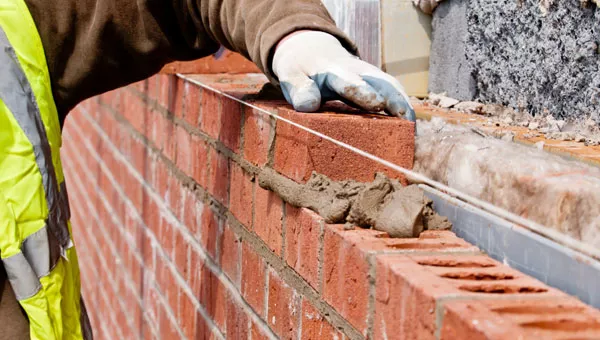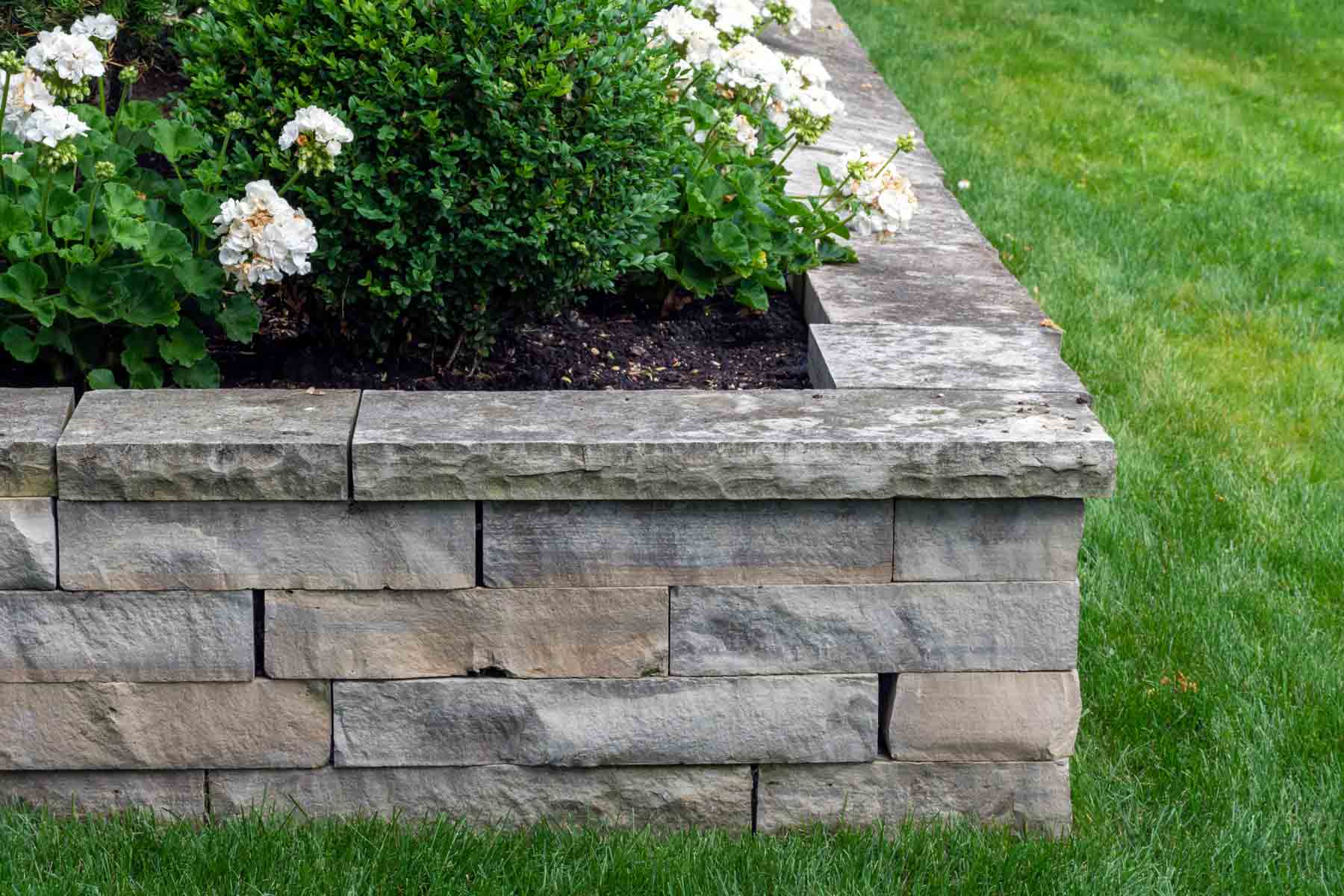Reputable Tuckpointing Services for Mending Block and Rock Surfaces
Reputable Tuckpointing Services for Mending Block and Rock Surfaces
Blog Article
Unlocking the Keys of Lasting Stonework Building Practices for Eco-Friendly Structures
Among the myriad strategies to eco-friendly building, lasting masonry building stands out as a reliable and durable method that holds a wide range of untapped capacity. From the selection of materials to cutting-edge building strategies, the keys to accomplishing sustainability within stonework building and construction are diverse and appealing.
Advantages of Sustainable Stonework Construction
Embracing sustainable masonry building techniques not just minimizes environmental effect yet also supplies long-lasting financial advantages to contractors and neighborhoods. By making use of materials like recycled bricks, blocks, and rocks, builders can dramatically reduce the carbon impact of their projects while advertising resource efficiency. Furthermore, sustainable masonry building and construction strategies, such as appropriate insulation and thermal mass residential properties, can enhance power efficiency within buildings, resulting in lowered operational expenses with time.
In addition, the longevity and strength of masonry frameworks add to long-lasting economic benefits. Buildings created making use of sustainable stonework methods often require less upkeep and repair, converting to set you back savings for builders and homeowner. The durability of stonework products additionally ensures that structures remain steady and safe, reducing the requirement for frequent improvements or replacements.
Eco-Friendly Stonework Products
Making use of environmentally friendly masonry products is a crucial action towards enhancing the sustainability of building techniques and lessening environmental influence while taking full advantage of lasting financial benefits. Sustainable stonework products are sourced, created, and utilized in a manner that lowers total ecological impact. Materials such as recycled bricks, reclaimed rock, and lasting cinder block are coming to be progressively prominent choices for eco-conscious contractors. Recycled bricks, for example, not only draw away waste from garbage dumps yet also require less energy to produce compared to new blocks. Recovered rock offers an one-of-a-kind aesthetic appeal while decreasing the need for new quarrying. Sustainable concrete blocks include recycled accumulations and may include improved insulation properties, contributing to power efficiency in structures.
Furthermore, natural materials like adobe, rammed planet, and straw bales give superb thermal mass homes, minimizing the requirement for home heating and cooling down power. These products are commonly in your area available, promoting regional economic situations and decreasing transportation-related carbon emissions. By choosing environment-friendly masonry products, construction tasks can substantially minimize their ecological impact and add to the production of much healthier, much more lasting built atmospheres.
Energy-Efficient Stonework Techniques
Power effectiveness plays an essential duty in boosting the sustainability of masonry construction practices. By carrying out energy-efficient masonry strategies, contractors can substantially minimize the total power consumption of a structure, causing reduced operational costs and a smaller sized environmental impact. One key energy-efficient masonry strategy is the use of thermal mass, which includes integrating thick materials like concrete or block into the structure's framework to absorb and store warm. This assists regulate interior temperature levels, lowering the requirement for mechanical home heating and cooling down systems.

Technologies in Sustainable Stonework
Recent developments in lasting masonry techniques have actually caused ingenious patio installation strategies that are reshaping the construction market. One such advancement is the development of self-healing concrete, which utilizes microorganisms embedded within the concrete to heal splits autonomously. This advancement not only decreases upkeep costs but additionally enhances the resilience of masonry frameworks, adding to their sustainability.
Another noteworthy innovation is using recycled aggregates in stonework building - masonry contractor. By integrating materials such as smashed ceramic waste or recycled glass into concrete mixes, building contractors can reduce the environmental impact of building projects while preserving structural stability. This practice not only diverts waste from landfills yet additionally conserves natural deposits, making it a key improvement in lasting masonry building
In addition, the integration of digital layout tools, such as Building Info Modeling (BIM), is changing the way stonework structures are prepared and constructed. BIM enables more exact estimations, lowered material waste, and enhanced power performance, inevitably causing more sustainable structure techniques. These technologies jointly represent an appealing future for sustainable stonework building and construction in the age of environment-friendly buildings.
Future Trends in Masonry Sustainability
With the ingenious strides made in sustainable stonework techniques, the future fads in stonework sustainability are poised to additional transform the construction market. Among the crucial patterns forming the future of masonry sustainability is the enhanced combination of innovation. Advancements such as Building Details Modeling (BIM) and digital reality simulations are being used to optimize stonework building and construction procedures, bring about lowered product waste and improved power effectiveness in buildings.
Moreover, the advancement of novel lasting products is readied to play a significant function in improving the eco-friendliness of masonry construction. masonry contractor. Developments like self-healing concrete, recycled accumulations, and bio-based binders are gaining traction for their ability to reduce environmental effect while keeping structural stability

Conclusion
In verdict, lasting stonework building and construction practices provide countless advantages for eco-friendly buildings. masonry contractor. Innovations in lasting masonry are continually being developed to better enhance the ecological efficiency of structures.
Report this page